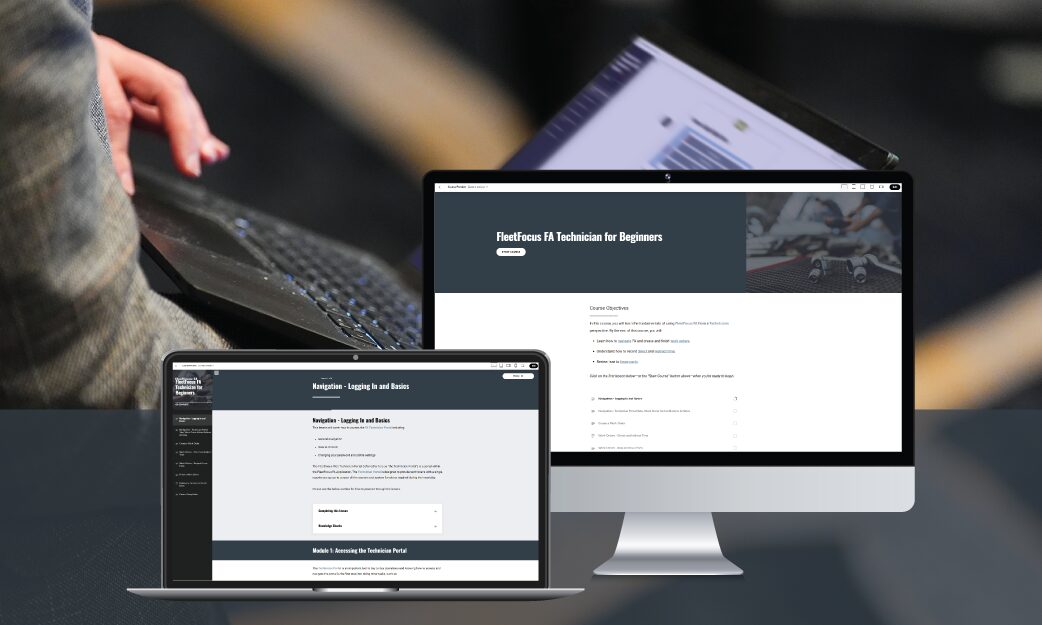Think back to your days in elementary school. To get all of the students under control and organized, your teacher likely convinced you all to play “Telephone” also known as “Whisper Down the Lane,” or by several other names. If you never played the game, the general premise is that all of the participants stand in a line, and someone at the front whispers a phrase or sentence into the ear of the next person in line. Each participant listens to the person in front of them whispering what they believe they have heard from them, then turns around and whispers that same thing to the person behind them until the end of the line is reached
Sounds simple, right? Foolproof? With no one else talking, there should be no interference or potential input error.
Yet, without fail, the resulting phrase as recited by the final person is never the same as the original phrase, as uttered by the first person. Why? There could be any number of reasons: deliberate phrase sabotage, unclear whispers, misinterpretation of words or phrases (including a recipient not knowing a word and losing the innate syntactical function of remembering words by context). Whatever the reason, the game is doomed to fail. So, if your fleet organization is attempting to communicate through an extensive number of contact points, outdated systems, or non-standard terminology, you’re bound to run into incorrect information. What do you do?
Utilize the Right People with Fleet Event Notifications
Make sure the right people in your organization receive timely and relevant notifications to help them perform their jobs as effectively and efficiently as possible. Fleet Event Notifications will ensure e-mails with all the pertinent details related to the event will be sent as soon as possible to the proper people in your fleet organization who need to take action when such events occur. This tackles several of the major problems identified in the previous paragraph. By simultaneously emailing only the relevant individuals, the network of contact points has been greatly reduced. In addition, simultaneous emailing prevents sabotage (not that professionals would actually do that, but they could accidentally relay information inaccurately). In addition, emails and notifications are much newer, more reliable systems of communication, instead of the fleeting nature of word-of-mouth.
These notifications can be set up to help you prepare for both the expected and the unexpected issues by instructing them to relay for preventive and reactive maintenance and repair jobs. Accidents happen, they’re a part of running a fleet operation. Notifications will allow you to see down the “road” and know when vehicles will be coming in for service so that rather than being forced to try to squeeze something in last minute or have people work overtime, you can allocate and plan the necessary resources because of the advanced warning.

Driver Events and Vehicle Maintenance
Not to be left out, drivers can benefit from notifications as well. Driver events can be managed in a timely manner, so there is no longer a need to worry about things expiring or keeping track of a million different list items. With fleet notifications, the right people will be notified in the appropriate amount of time to allow them to make sure nothing lapses.
With an effective notifications system, you may also know when work is completed and a unit is ready to be put back into service. Alternatively, you may receive a notification that work is taking longer than expected to complete. With this valuable information, your fleet manager can pull the necessary resources to cover the task as needed.
Integrated Fleet Management Systems
Why stop there? Notifications can be integrated with your fuel and motor pool management systems so that you can identify and track those resources, assets, and costs as well (including, but not limited to, ICU failures and tank alarms).












